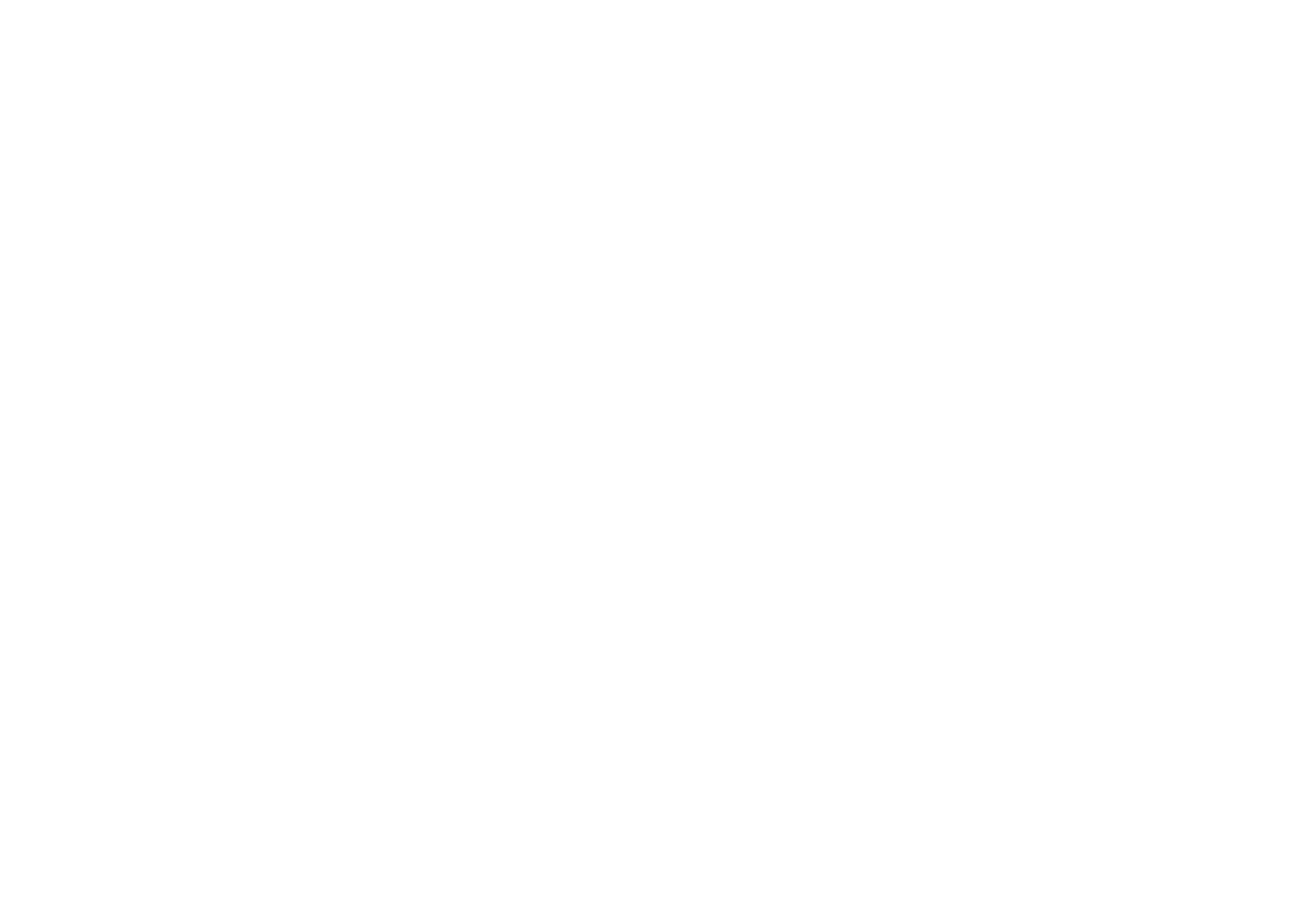Dear Friends,
“Jersey City, Pittsburgh, Poway, Crown Heights…the names of the places come tripping off of our tongues with an easy familiarity. They are places, of course, where Jews have been subjected to murderous attacks.”
Thus Deborah Lipstadt, author of “Antisemitism: Here and Now,” began her address last night to the 5,000 Jews gathered at our Reform Movement’s Biennial Convention in Chicago.
Today, Jews around the world are frightened and shell-shocked at the seemingly sudden reemergence of antisemitism (see this article that discusses why Lipstadt feels “antisemitism” is the correct spelling)—a hatred that is age-old. We see a rise of antisemitism on the right and on the left, and it leaves us bewildered.
Lipstadt, a remarkable professor at Emory University and someone who has been, as she said, “swimming in the sewers of Jew-hatred and Holocaust denial” for 40 years, went on to say that, while she is of course deeply concerned about this trend, she is equally worried about what we Jews might do to ourselves because of antisemitism.
“The concern about antisemitism cannot become the leitmotif, the cornerstone of our Judaism.” She shared the story of one of her students, a senior at Emory who Dr. Lipstadt had known for 4 years, who suddenly decided to begin wearing a kippah. When the professor asked him why, he replied, “There have been so many attacks on Jews recently. I’ve decided that every time there is an antisemitic attack, I am going to wear my kippah so that I can show the antisemites they can’t frighten me.”
When she told this story, the Biennial plenary applauded. Dr. Lipstadt smiled a wry smile and said, “I had a slightly different reaction.”
She went on to say that, while she admired her student’s chutzpah, his desire to show his identity and not cower in fear, she said that her heart broke a little inside, because he had allowed antisemites to determine when he felt Jewish. “They were controlling his Jewish identity…he was motivated by the ‘Oy’ of being Jewish, not by the joy of Jewish life. That’s not my Judaism, and I don’t want it to be his.”
Dr. Lipstadt, a fearless warrior against antisemitism, called on us to live affirmatively joyous Jewish lives, to celebrate Shabbat, to honor our parents, to shoo away the mother bird from the nest before taking the eggs, to be concerned about the most vulnerable amongst us, to let our land lie fallow every seven years, to pursue justice with just means, and to maintain an indelible connection to the State of Israel, even if we disagree with its policies. In short, she called upon us to build a Jewish identity based on “what Jews do, and not on what is done to Jews.”
We are approaching Chanukah, my friends, a holiday that recalls a band of Jews who refused to cower in fear, who refused to abandon their Judaism at a time when that would have been easier, when the dominant culture was alluring, when powerful forces gathered against them.
At Shaaray Tefila, we are not naive; we have excellent security, and an excellent relationship that we have worked hard to foster with the NYPD. We have taken this stance since long before Pittsburgh; we will maintain a safe and secure community.
But that safety and security don’t exist for their own sake. That safety and security are there to create a space for us to embrace Judaism—to pray with joy, to learn deeply the heritage of our people, to build relationships between our members, and to do righteous acts of world-repair. We exist not to be a fortress against the outside world. As our mission statement says, “we are a community driven by meaning, connection, and purpose, rooted in Reform Jewish values, and animated by our commitment to each other and the world.”
Those aren’t just words on a digital page. They are our raison d’etre.As one of my Sunday School teachers, a Holocaust refugee, used to say, “We aren’t Jewish simply to not give Hitler his final victory.” We are Jewish, I learned from him, because Judaism is a rich and joyful inheritance.
We do, sadly, need to be protected; the rise of antisemitism and white supremacy is real. But, as Deborah Lipstadt says, we and our children must know that “being a Jew is about so much more than being a victim. Our identity as Jews must not be rooted in ‘Jew as object,’ what is done to Jews, but ‘Jew as subject,’ what Jews do,” how Jews live and learn and pray and act in the world.
Keyn Yehi Ratzon.May this be God’s will, and ours, as well.
—Rabbi Joel Mosbacher

